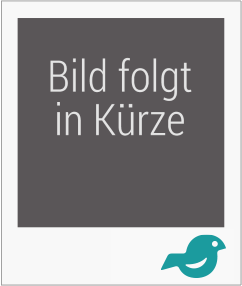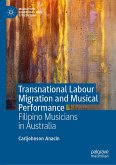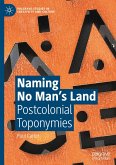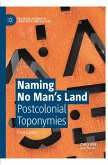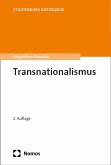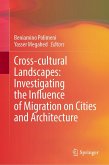This open access book explores the dynamics of human agency within the complex context of settlement-oriented immigration through an in-depth case study of immigrants from the former Soviet Union who embarked on their journey to Germany during the 1990s and early 2000s. Employing a transnational lens and an interpretive approach, the book presents a novel empirically grounded Immigrant Agency Theory. Bridging the realms of integration and transnationalism, the Immigrant Agency Theory is a multifaceted analytical tool encompassing representational aspects (identity formations and frameworks), expressive dimensions (language use, multilingual practices, and translanguaging), and operational facets (e.g., contrasting (non)economic actions as entrepreneurship and active leisure). These elements serve as mechanisms facilitating transition, engagement, resistance, and the expression of flexible ethnic boundary-making, cultural pluralism, and the maintenance of difference through auto-exoticism as exemplified by the studied population groups. This monograph is valuable for sociologists, migration scholars, social linguists, researchers of cultural studies and Eastern Europe interested in understanding the correlation between historical events and East-West European migration processes during the transition period of the Soviet and post-Soviet space.
Bitte wählen Sie Ihr Anliegen aus.
Rechnungen
Retourenschein anfordern
Bestellstatus
Storno

